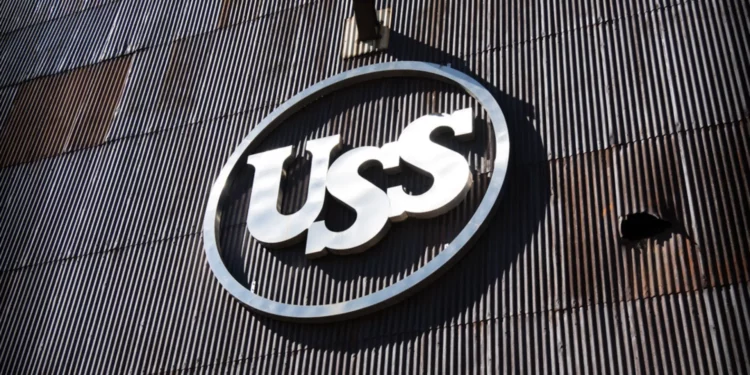Nippon Steel challenges the US decision to block the purchase of US Steel. If it fails, it has to reimburse US Steel $565 million.
After Nippon, the world’s third-largest steel producer failed a bid of $14.9 billion to acquire US Steel, Japanese companies are more likely to be US targets as they cook hefty termination costs to protect against a deal falling through for regulatory or political reasons.
Japanese companies get a pass when the topic of so-called reverse break-up fees is brought up in mergers and acquisitions (M&A) negotiations because of their reputation for reliability due to their rigorous quality control processes, commitment to proven designs, and a focus on “doing it right the first time,” resulting in products that consistently perform well and require less maintenance. But, the protectionist US has left transactions at the mercy of national security and fluid trade policy.
Nippon Steel challenges the US decision to block the purchase of US Steel, which was taken during the Joe Biden administration, citing security concerns. If it fails, it has to reimburse US Steel $565 million, which was already agreed upon to cover the latter costs throughout the acquisition attempt.
Bankers and lawyers claim that reverse break-up fees are becoming more common in discussions among Japanese companies, but that will not stop them from going after their top target country.
It is quite assertive that the wind will fly in the direction of Japanese investors since they have a history of having a lower chance of failing to close the deal. According to Kenton King, a lawyer at the US law firm Skadden, US boardrooms would still bring up the Nippon Steel acquisitions and demand protection during deals.
Lawyers remarked that reverse break-up fees were once almost non-existent, like once in a blue moon, in agreements with Japanese suitors to the extent that Western targets are against bargaining them higher.
Tosh Kojima, managing director of DC Advisory, Daiwa Securities’ international investment banking division, stated they show their heads in one in 20 domestic and cross-border deals involving listed Japanese companies.
He added that even though they are seldom rare, they would be raising their hands occasionally nowadays, but most Japanese boards usually do not approve of them. It does not work in their culture.
According to bankers and lawyers, the median reverse break-up fees globally over the last two years have ranged from 4% to 5% of the target’s enterprise value, including debt, but they are often lower for Japanese companies. Nippon Steel’s $565 million is 3.8%.
The London Stock Exchange Group (LSEG) figures show that Japanese mergers and acquisition deals in the United States were worth $54.5 billion last year, a 35% increase from the previous year. The report shows that 53% of targets in foreign deals were in the United States.
In a 2023 survey, investment bank Houlihan Lokey found that a reverse break-up fee condition was included in more than 60% of significant mergers involving public US companies, up from 57% the year before.
The recent Japan-US deals with reverse break-up provisions are Mizuho Financial Group’s $587 million purchase of M&A adviser Greenhill & Co., which concluded in 2023. The fee would have been 38.5 million, or 6.6% of enterprise value.
Due to potential hurdles presented by the US Committee on Foreign Investment, which screens deals for national security risk, reverse break-up fees are becoming more desired by the suitors of US assets.
Michihiro Nishi, a partner at Tokyo-based Clifford Chance, states that Committee on Foreign Investment in the United States (CFIUS) reviews will get stricter since US President Trump focused on protecting American businesses.
Noah Carr, an M&A partner at Freshfields in Tokyo, claims that Japanese companies with a history of serial acquisitions are used to a world with no unique political or regulatory risks in the United States. Now, they will have to face an upward pressure.

















